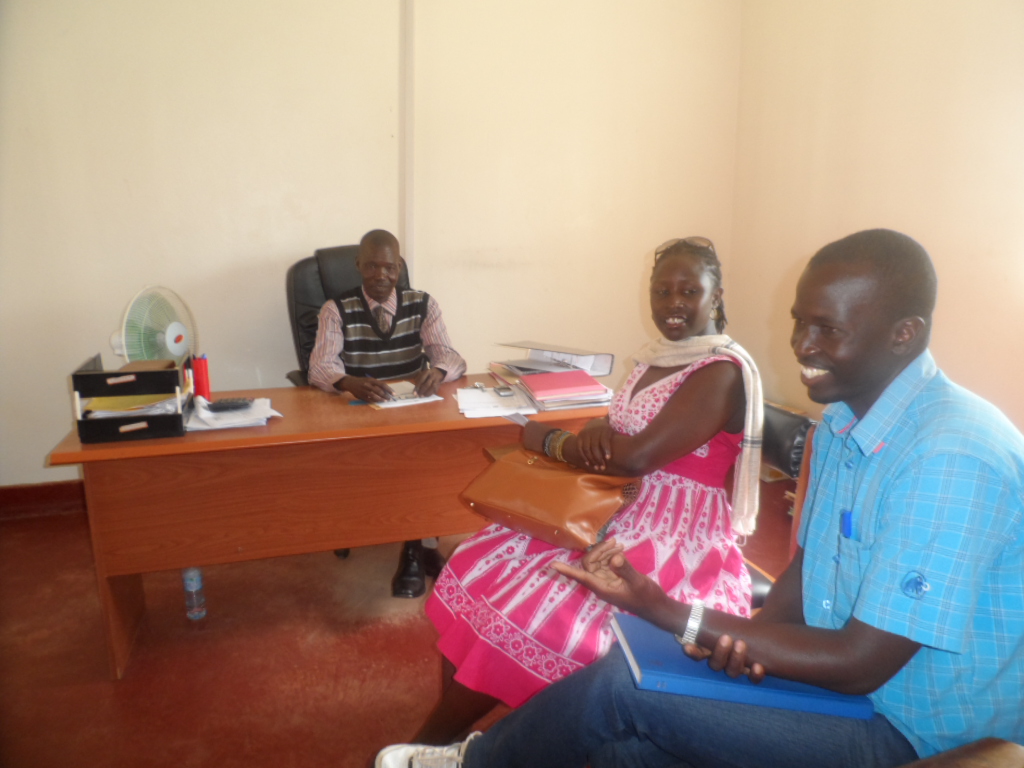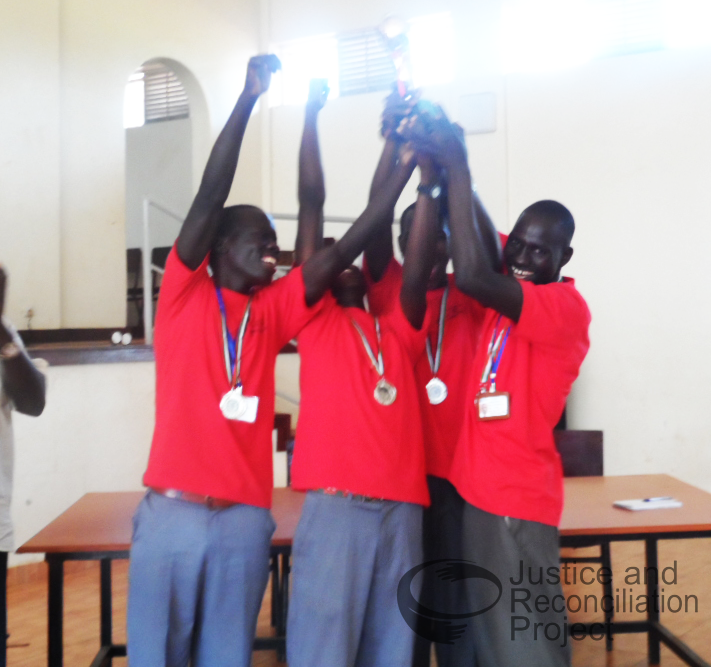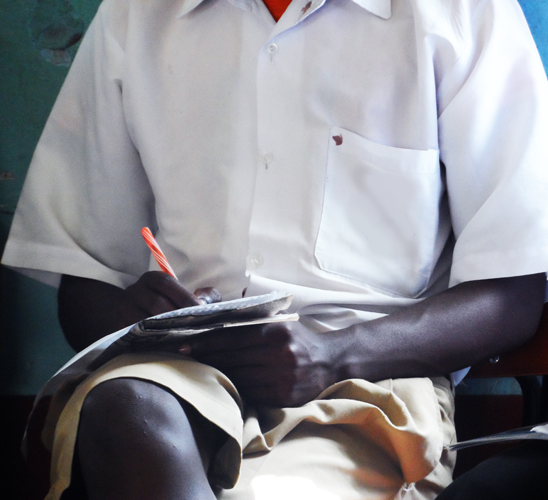Sylvia Opinia
IN RECOGNITION the 10th anniversary of signing of the Government of Uganda (GoU)-Uganda National Rescue Front II (UNRF II) peace agreement, Justice and Reconciliation Project (JRP)’s community mobilization department joined Yumbe District and MAYANK Development Association and other development actors to celebrate this event. As the people of West Nile and Yumbe District in particular remember this landmark of peaceful achievement, attention is drawn to the fact that the peace process did not end with the signing of the agreement, it remains incumbent on all stakeholders to zealously guard this peace and all efforts must be garnered to consolidate it.
On 24th December 2002, the GoU and UNRF II signed a historical peace agreement that has remained a milestone in the direction of ensuring security and stability in the West Nile region. Under the theme “Bury differences: unite for peace and development” different stakeholders discussed issues of peace, reported on progress made in implementing the commitments in the peace agreement and addressed limitations in the implementation process to celebrate ten years of peace.
Victims exchange and learning visit
JRP facilitated victims’ groups from across the greater north to convene in Yumbe, West Nile, to share, learn and establish connections with each other. Each of the groups presented their road maps containing a brief history of its activities, achievements and challenges. Romogi War Victims Association, for example, presented an educative drama showing the history of the UNRF II conflict, and the events leading towards the peace talks and the eventual signing of the peace agreement. This was followed by panel presentations on the roles played by the different stakeholders such as elders, government, Aringa Obongi Peace Commission (AROPIC) and women, during the peace process.
Following these presentations, the group was treated to an educative tour of Bidi bidi, a historical site for the Yumbe peace process where combatants were assembled and demobilised. This was an opportunity for the victims in other parts of northern Uganda to learn about the history of conflict in West Nile, the Yumbe peace process and the progress made and the challenges faced in implementing the commitments during the peace negotiations.
The elders’ fire place wisdom circle
On the evening before the main event, JRP facilitated an elders’ reflective fireplace dialogue that was graced by Major General Ali Bamuze, the former leader of the defunct UNRF II, the LC V chairman of Yumbe District, generals from the defunct West Nile Bank Front (WNBF), the JRP programme coordinator and elders representing the different parts of West Nile. Traditionally, the fireplace is the place where elders tell stories or share histories of their lives, of the clan and is a symbol of memory and intergenerational sharing. Punctuated by Aringa cultural dances, elders from West Nile, and representatives from Acholi, Lango and Teso shared and reflected on the different traditional practices and mechanisms for resolving conflict and maintaining peace in the community drawing a lot of similarities in these practices across the region.
JRP also participated in many other activities meant to mark the celebrations including the women’s’ forum and the very elaborate main event on 8th December 2012 at Yumbe Boma grounds. Many victims regretted the fact that the Yumbe peace process did not recognize the suffering and sacrifices made by the victims as central and were thus forgotten in the final peace agreement. They urged other consequent peace processes not repeat this mistake but to ensure that victims are part and parcel of any proceedings. They also applauded JRP for facilitating such exchanges to enable them build solidarity with their counterparts across the region.
















